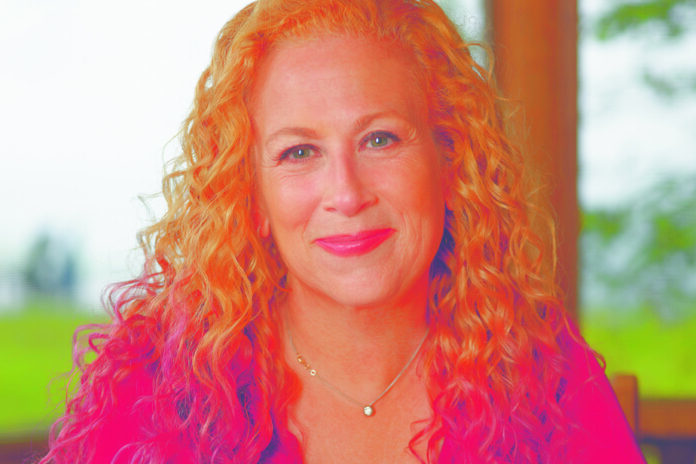It’s March 2020. On the eve of her 30th birthday, Diana is well on her way to realizing her life plan. With her lover, Finn, she has already mapped out their journey together and is leading a flourishing career in the art market in New York. They are about to fly to the Galápagos when the first cases of coronavirus are declared in the metropolis. Finn, who is an intern in a Manhattan hospital, can no longer leave, but he encourages Diana to enjoy the trip. The young woman thus finds herself alone, on Isabela Island, when the borders close. Unadventurous by nature, she learns to overcome her fears and sets off to discover the ghost island, confined and deserted by tourists. She befriends a teenage girl and her father who live there, as sporadic news of her lover and the New York turmoil reaches her by email. Far from Finn, however, she begins to feel the first doubts about their relationship and their life project. Then we learn something that marks a turning point in the novel. We will obviously not reveal the crux of the plot, but this completely unexpected turnaround marks a radical change in the tone of the novel and triggers a deep existential reflection in connection with the pandemic.
There is something surreal about reliving the pandemic from a distance, on an island paradise in the Galápagos whose beauty we discover together with Diana – its beaches, its lagoons, its picturesque fauna, its volcanoes, its tunnels of lava… The rhythm of the novel is bewitching and one is easily carried away by the delicate pen of Jodi Picoult. The American novelist manages to express with finesse Diana’s heartbreak and her doubts when, far from everything that defines her, she is inhabited by the feeling of being “dispossessed” and of having lost sight of what was really important. for her. And among the questions she asks herself – Are we the architects of our own destiny? Can we always learn from the trials we go through? What if happiness was elsewhere than in the life plans we have sketched out? – looming interesting reflections on the choices we make to find our place in this world.
If you appreciate novels that explore the themes of identity and the search for yourself, you will surely like Hope and Other Winged Creatures, the most recent novel by Lydia Millet (published at Les Escales last spring). The main character, Gil, is a man in his forties who moved from New York to Arizona after a romantic disappointment. Suffering from social anxiety, he gradually comes out of his shell thanks to his new neighbors and their young son. While rehashing the past, he constructs a new daily life in what he calls “the opposite of Manhattan,” discovers the alien beauty of the desert, the birds that nest among the cacti, and the prospect of a new future. An aerial novel that feels good.















